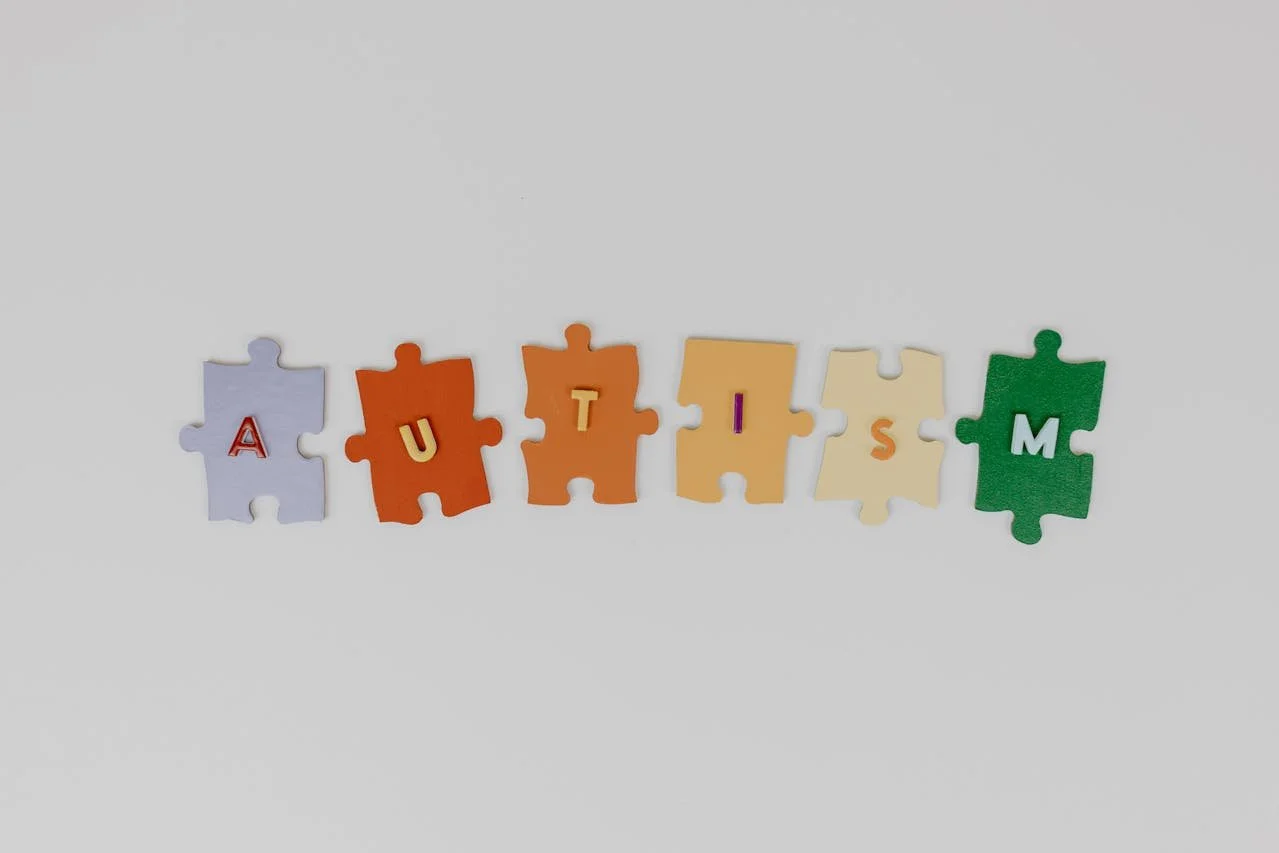Masking and Burnout: The Hidden Struggles of Autistic Adults
If you're an adult who often feels exhausted, emotionally overwhelmed, and constantly “on” around others, you might be experiencing something called autistic burnout. And you’re not alone.
For many autistic adults - especially those who were diagnosed late (or not at all) - life can feel like one long performance. You’ve spent years adapting, over-compensating, and hiding parts of yourself just to fit in. This effort is called masking - and while it can help you navigate social expectations, it comes at a high cost.
As a neurodivergent-affirming psychologist based in Victoria, Australia, I work with many autistic adults across the country via telehealth therapy. Whether you’re diagnosed or self-identifying, it’s important to understand the link between masking and burnout - and know that there is support that works with your brain, not against it.
What Is Masking?
Masking is when an autistic person consciously (or unconsciously) hides or suppresses traits, behaviours, or needs to appear more “neurotypical.” This might include:
Forcing eye contact even when it feels uncomfortable
Mimicking social behaviour or facial expressions
Suppressing stimming (like fidgeting, tapping, or pacing)
Carefully scripting conversations ahead of time
Smiling or laughing even when overwhelmed or confused
Overthinking every word, tone, and expression in social settings
Pushing through sensory overload without expressing distress
Often, masking begins in childhood as a way to avoid being bullied, rejected, or misunderstood. But for many autistic adults - especially women and AFAB (asigned female at birth) individuals - masking becomes so habitual they don’t even realise they’re doing it.
And over time, that leads to burnout.
What Is Autistic Burnout?
Autistic burnout is not just “feeling tired.” It’s a state of emotional, mental, and physical exhaustion caused by the constant effort of navigating a world that isn’t designed for your brain.
Common signs of autistic burnout include:
Sudden withdrawal from social interaction
Increased sensitivity to sensory input
Brain fog or difficulty with executive functioning
Shutdowns or meltdowns
Struggling with tasks that were previously manageable
A deep sense of emptiness or disconnection from yourself
Loss of speech or increased trouble expressing yourself
Feeling like you can’t keep going, even though “nothing is wrong” on paper
Many adults experiencing autistic burnout are still holding down jobs, raising kids, and doing “all the right things” - which makes their internal struggle even harder to explain or validate.
Why Is This So Common in Autistic Adults?
Because most systems - school, work, healthcare, even traditional therapy - were designed for neurotypical brains.
Autistic adults often spend years pushing themselves to just cope, internalising the message that they need to be more organised, more flexible, more social, more “normal.” And if they can’t keep up? The blame usually falls back on them.
The result is a life lived in constant performance mode, with very little space for rest, authenticity, or self-compassion.
How Therapy Can Help (Without More “Just Try Harder” Advice)
If this sounds like your experience, you don’t need more discipline or better routines - you need a new way of relating to yourself.
Working with a neurodivergent-affirming therapist means:
Unmasking at your own pace in a safe, supportive space
Understanding your unique traits and how they show up in your life
Building realistic strategies that work with your energy levels, not against them
Learning how to recognise burnout before it spirals
Reclaiming rest, routine, and regulation without guilt
Feeling seen, not shamed
Therapy isn’t about “fixing” you - it’s about supporting you to live more fully as yourself, without the constant exhaustion of trying to keep up.
Therapy for Autistic Adults - Online, Across Australia
I work with autistic adults across Victoria and all of Australia via telehealth therapy. You don’t need to be diagnosed to reach out - if you resonate with these experiences, that’s reason enough.
If you’re based near Mordialloc, Victoria, in-person sessions may be available by request.
You Deserve a Life That Doesn’t Feel Like a Performance
Masking may have helped you survive - but it’s not a sustainable way to live. Burnout isn’t weakness. It’s a sign your nervous system has been in overdrive for far too long.
You don’t have to do this alone. You don’t have to keep pretending.
Let’s work together to build something calmer, kinder, and more honest - a life that fits you.
Ready to take the first step?
Fill in the application form if you’re interested in working with me. Therapy doesn’t have to be overwhelming - it can be the beginning of coming home to yourself.

